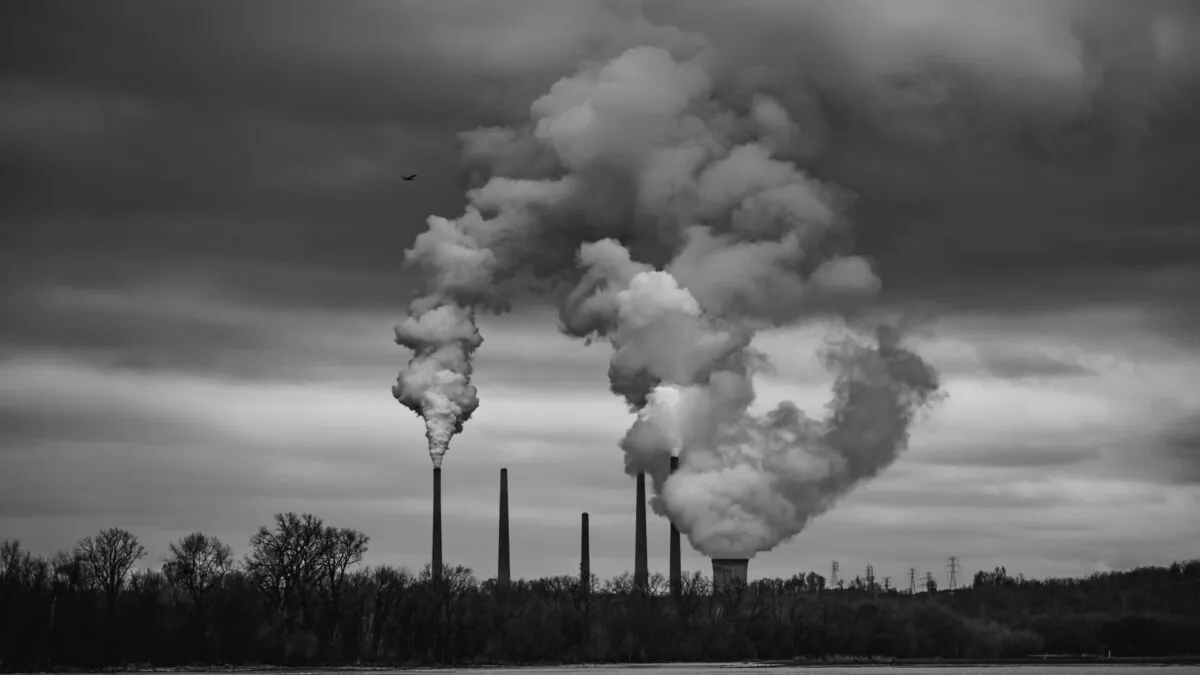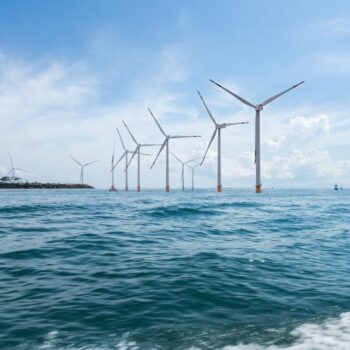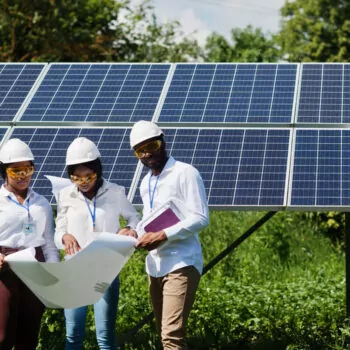- The annual Energy Charter Conference will take place on Monday 20 November 2023. It is expected that member countries will fail to progress reform of the Energy Charter Treaty (ECT) at the summit.
- This repeats the failure of the last Energy Charter Conference in 2022, ahead of which several European countries – including Germany, France, the Netherlands, Spain, and Poland – announced their intention to withdraw from the treaty, citing the inconsistency of both the treaty and its planned reforms with the Paris Agreement.
- With treaty modernisation clearly at an impasse, remaining member countries will become stuck in an outdated treaty that will continue to allow fossil fuel companies to sue governments and therefore threatens a timely energy transition and burdens the taxpayer.
- The UK government has committed to update its position on the ECT by the end of November, considering withdrawal if modernisation fails to progress. The government has since acknowledged that “there is now no clear route for modernisation to progress”, paving the way for UK withdrawal.
Story
ECT signatories will meet for their annual conference on 20 November 2023. However, it is expected that, once again, they will not discuss the reform of the treaty, due to the absence of a common position in the EU. There has been no progress on treaty modernisation since the same outcome happened at the conference last year. Since last year, more European countries have decided to leave the treaty, and the European Commission has updated its position in favour of a coordinated withdrawal by the EU and all its member states. New legal cases have also since been brought by fossil fuel investors under the ECT, threatening countries including Ireland, Germany, Denmark, and the EU.
With many European countries having announced to leave the treaty and the discussions in the EU in a deadlock, the ECT reform has already failed. A near-term breakthrough in the EU seems unlikely. While some EU member states prefer to remain in the ECT, if modernised, the European Commission is firm on a coordinated withdrawal. The European Parliament elections and a subsequent reshaping of the Commission add more uncertainty to the current situation. The countries remaining in the treaty can be easily stuck in the outdated version for the next few years.
It is possible that another failed Energy Charter Conference next week could lead to a new wave of withdrawal announcements. In September, the UK government announced that it would consider withdrawal if the modernisation was not agreed by November. This followed the government’s independent advisors, the Climate Change Committee (CCC) saying that the ECT “represents risks to both a timely climate transition and to the taxpayer” and that the UK should announce intent to withdraw. The Swiss government has also said recently that they would consider different options if the modernisation did not take place.
Instead of wasting resources on finding a way to remain in a treaty which might not be modernised, countries should focus on how to make a coordinated withdrawal work to minimise the impact of the ECT on an orderly energy transition.
Quotes
Eunjung Lee, Senior Policy Advisor on Investment Governance said:
“With major European countries withdrawing and repeated failure to modernise, the Energy Charter Treaty is collapsing. It would be best for remaining countries to leave the treaty promptly and insulate themselves from future litigation risks, instead of locking themselves into the outdated treaty.”
Jonny Peters, Senior Policy Advisor on Trade Policy said:
“The UK should leave the Energy Charter Treaty. Leaving the treaty should start a new diplomatic process rather than only ending one. The UK government needs to step up diplomacy with like-minded departing countries to ensure an orderly withdrawal process”.
Available for comments
Eunjung Lee (EN) , Senior Policy Advisor, Investment Governance
m: +44 7935 377 622 eunjung.lee@e3g.org
Jonny Peters (EN) , Senior Policy Advisor, Trade and Climate m: +44 7954 201 039 jonny.peters@e3g.org
Notes to Editors
- Since October 2022, 9 EU member states have announced their decision to withdraw from the ECT: Poland, Spain, Netherlands, France, Slovenia, Germany, Luxembourg, Denmark, and Portugal. Among those countries, France, Germany, Poland and Luxembourg have officially notified their withdrawal.
- The ECT is the most litigated investment agreement in the world with more than 50 signatories. The EU and its member states advocated a modernisation of the treaty and the signatories reached a political agreement on the modernisation in June 2022. However, many European countries decided that even a modernised version would remain incompatible with climate commitments and announced their intention to leave the treaty unilaterally. As a result, EU member states did not reach the majority to support the modernisation in the Energy Charter Conference in November 2022 and the modernisation was not discussed in the conference. In July 2023, the European Commission officially proposed to the Council a coordinated withdrawal by the EU, Euratom and all EU member states to maintain the EU unity and legal clarity.
- In June 2023, the UK Climate Change Committee said that “continued membership of the Energy Charter Treaty represents risks to both a timely climate transition and to the taxpayer” and that the UK should announce intent to withdraw. In September 2023, the Department of Energy Security and Net Zero announced that it would review the UK’s membership of the treaty and would consider withdrawal if modernisation was not agreed by November. In October 2023, in the response to the Climate Change Committee 2023 report, the government also recognised that “there is now no clear route for modernisation to progress.”
- E3G is an independent climate change think tank with a global outlook. We work on the frontier of the climate landscape, tackling the barriers and advancing the solutions to a safe climate. Our goal is to translate climate politics, economics and policies into action. About – E3G
- For further enquiries email press@e3g.org or phone +44 (0)7783 787 863


